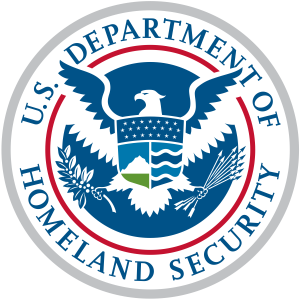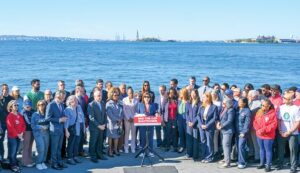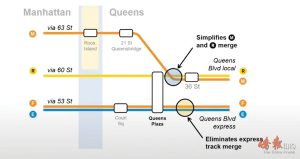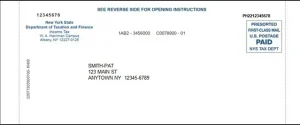New US visa rules require applicants from certain countries to pay a deposit of up to $15,000
According to the latest Federal Register publication, the State Department will launch a one-year pilot program in two weeks targeting countries with high rates of overstaying visas. Citizens of these countries will be required to submit a bond of up to $15,000 when applying for tourist and business visas. Visitors will receive a refund of the bond if they depart the country as scheduled in accordance with their visa requirements. The list of countries affected by the bond will be announced when the new regulations take effect. Visa applicants may be exempted from the bond requirement based on specific circumstances. Citizens of the 42 countries covered by the Visa Waiver Program will not be affected by the new bond requirement.
![]()
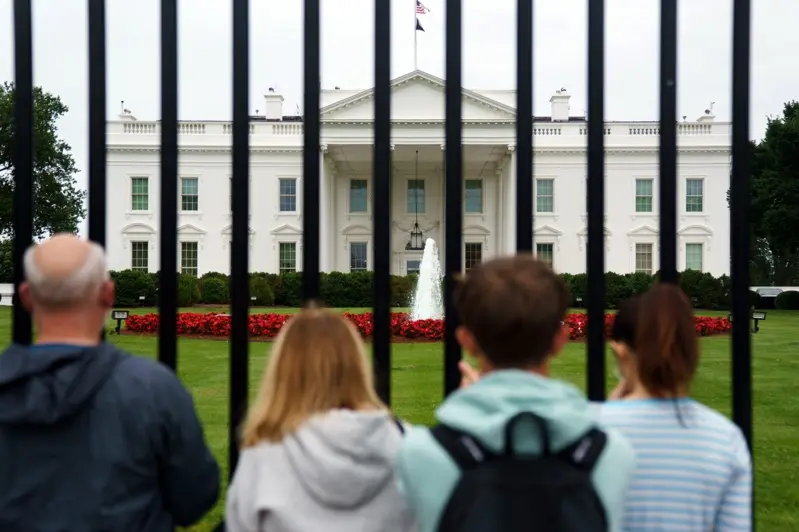
According to the latest Federal Register publication, the State Department will launch a one-year pilot program in two weeks targeting countries with high rates of overstaying visas. Citizens of these countries will be required to submit a bond of up to $15,000 when applying for tourist and business visas. Visitors will receive a refund of the bond if they depart the country as scheduled in accordance with their visa requirements. The list of countries affected by the bond will be announced when the new regulations take effect. Visa applicants may be exempted from the bond requirement based on specific circumstances. Citizens of the 42 countries covered by the Visa Waiver Program will not be affected by the new bond requirement.
The Federal Register states that consular officers at U.S. embassies and consulates abroad have the authority to require citizens of certain countries to submit a bond when applying for tourist and business visas. Citizens of countries with less stringent background checks and identity screening may also be required to submit a bond when applying for U.S. visas.
The pilot program, which requires a bond, will begin on August 20th and will last for approximately one year. Consular officers at U.S. embassies and consulates abroad will be able to set three bond amounts: $5,000, $10,000, and $15,000. The Federal Register indicates that the bond will generally start at $10,000.
A similar experimental program was launched in December 2020, at the end of President Trump’s first term, but it was not fully implemented due to the global travel slowdown caused by the COVID-19 pandemic.
In June, Trump imposed a travel ban, prohibiting citizens of 12 countries from traveling to or entering the United States: Afghanistan, Myanmar, Chad, Congo, Equatorial Guinea, Eritrea, Haiti, Iran, Libya, Somalia, Sudan, and Yemen. Entry into the United States will also be restricted for citizens of seven countries: Burundi, Cuba, Laos, Sierra Leone, Togo, Turkmenistan, and Venezuela.
Reuters reported that the State Department could not estimate the number of visa applicants affected by the new regulations, but countries with high rates of overstaying visas include Chad, Eritrea, Haiti, Myanmar, and Yemen, which are already included in the travel ban.
The U.S. Travel Association stated that the deposit pilot program is estimated to affect 2,000 visa applicants, the majority from a few specific countries. According to Customs and Border Protection (CBP), Burundi, Djibouti, Togo, Afghanistan, Chad, Sudan, and Myanmar had high rates of overstaying in fiscal year 2023.
The Associated Press analyzed that the State Department had long shown little interest in the visa deposit proposal because the procedures for submitting and returning the deposit were cumbersome and the deposit requirement was prone to public misunderstanding. However, the State Department stated that its previous views were out of sync with current reality.
![]()

